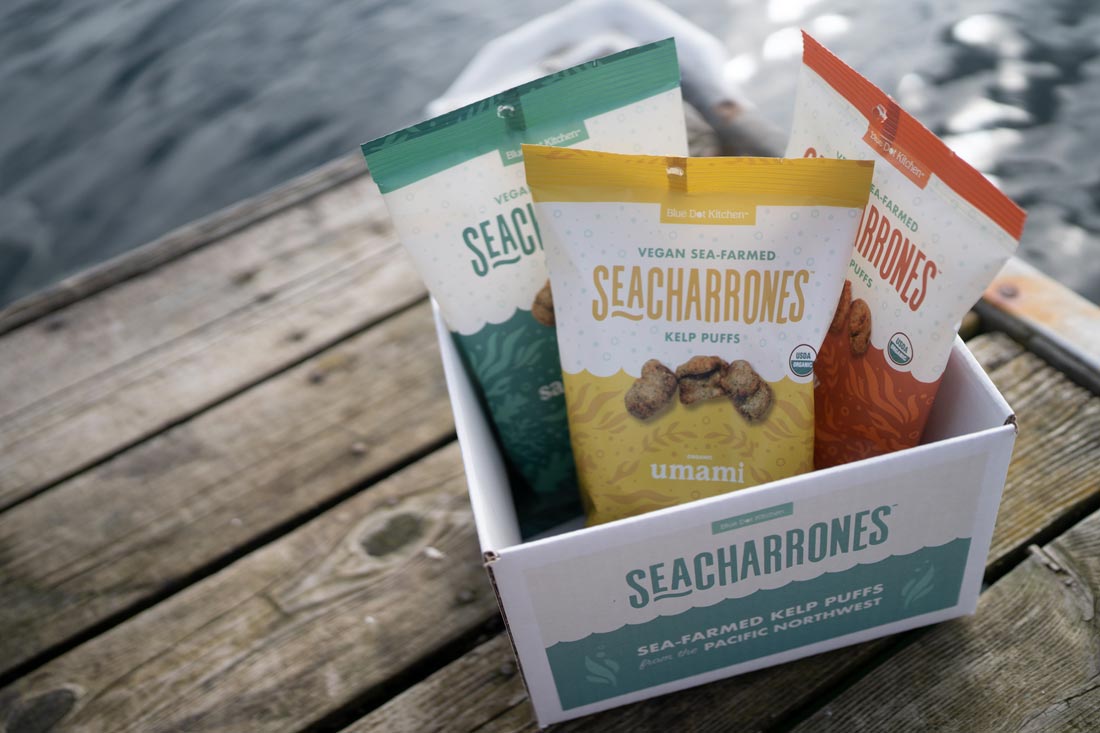With its unique blend of flavors and impressive nutritional profile, kelp food has emerged as a culinary sensation that is revolutionizing both restaurants and supermarkets. This oceanic delicacy, once overshadowed by more traditional ingredients, is now taking center stage on menus worldwide. Not only does kelp offer a tantalizing taste experience, but it also holds immense potential in supporting conservation efforts.
A Gastronomic Delight with Unparalleled Benefits
Kelp’s rise to stardom can be attributed to its exceptional versatility in various dishes. From savory soups to delectable salads and even innovative desserts, this marine vegetable adds an umami-rich flavor that elevates any recipe. Moreover, kelp boasts an impressive array of health benefits—it is packed with essential vitamins, minerals, antioxidants, and dietary fiber.
Restaurants have embraced the trend wholeheartedly by incorporating kelp into their menus creatively. Renowned chefs are experimenting with different cooking techniques to unlock the full potential of this underwater treasure trove. As diners become increasingly health-conscious and adventurous in their culinary choices, kelp-based dishes provide a guilt-free indulgence without compromising on taste or quality.
A Sustainable Solution for Our Oceans
Beyond its gastronomic appeal lies another crucial aspect—kelp’s role in environmental conservation. As concerns about overfishing and unsustainable aquaculture practices grow louder than ever before, seaweed farming offers a sustainable alternative that helps protect our oceans’ delicate ecosystems.
Kelps act as natural carbon sinks; they absorb substantial amounts of carbon dioxide from the atmosphere during photosynthesis—a process known as blue carbon sequestration—thus mitigating climate change impacts. Additionally, cultivating kelp requires no freshwater, fertilizers, or pesticides, making it an environmentally friendly choice compared to land-based crops.
Furthermore, seaweed farming provides habitat and refuge for a diverse range of marine species. By creating artificial kelp forests through cultivation efforts, we can help restore damaged ecosystems and promote biodiversity in our oceans.
A Promising Future for Kelp Cuisine
The growing popularity of kelp food is not just a passing trend; it represents a significant shift towards sustainable and innovative culinary practices. As consumers become more conscious of their environmental footprint and seek out healthier options, the demand for kelp-based products continues to soar.
Supermarkets are now stocking shelves with an array of kelp-infused items—from snacks and condiments to pasta alternatives—catering to the evolving tastes of health-conscious individuals. This surge in availability has made incorporating this nutrient-dense ingredient into everyday meals easier than ever before.
In conclusion,
kelp food’s meteoric rise within the culinary world is transforming both our plates and our planet. With its exceptional taste profile, nutritional benefits, and positive impact on ocean conservation efforts, this marine superfood is here to stay. Embracing the wonders of kelp cuisine allows us to savor delectable dishes while contributing towards building a more sustainable future—one bite at a time.
